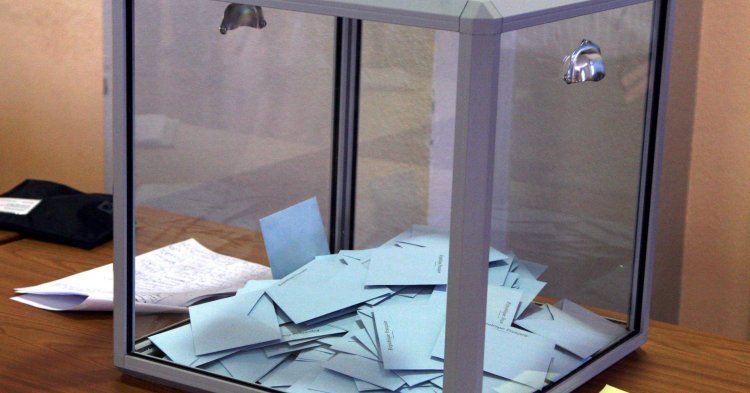Romania: Anti-gay referendum fails to meet threshold
In Romania, “Coalition for Family”, a conservative network of associations, had backed the referendum to inscribe a prohibition of same-sex marriage in the country’s constitution. In a country that has been shaken by corruption scandals and mass protests against the government, the ruling Social Democrat party, along with many other parties, supported the two-day referendum held on Saturday and Sunday. However, the turnout was estimated at just 20.4%, while the requirement for the referendum to be valid would have been 30%. As such, the progressive strategy to boycott the referendum appears to have worked.
However, Romania’s legal environment remains unwelcoming for same-sex couples. Same-sex marriage is still banned in normal legislation, and in the spring the European Court of Justice famously had to rule in favour of Adrian Coman, a Romanian national whose American spouse had been denied entry to Romania.
Bosnia and Herzegovina: Nationalist wins Serb seat of the presidency
In Bosnia and Herzegovina, the presidency consists of three members, one for each of the major ethnic communities in the country. Šefik Džaferović was nominated as the Muslim Bosniak representative in the presidency, while for the Croat seat, Social Democrat Željko Komšić was elected. The big news, however, is that the Serb seat was won by Milorad Dodik, a nationalist with close links to Russia who advocates a secession of the Serbian-majority entity, Republika Srpska, from Bosnia and Herzegovina.
Milorad Dodik has in the past repeatedly called for a referendum on Republika Srpska’s independence, but no such referendum has been announced to date. There have been fears that the Serb entity’s independence would lead to ethnic violence in the country and the wider region.
Latvia: Ruling coalition suffers losses in general election
In Latvia, a country which has a significant Russian minority numbering around a quarter of the population, the general election saw the Harmony party win the most votes and parliamentary seats, as it had done in 2014 and 2011. However, the current ruling coalition suffered losses that deprived it of its parliamentary majority, which foresees a complex coalition negotiation. As in previous years, the Harmony party isn’t expected to be able to form a coalition with other parties.
At the same time, pro-European parties, the liberal Development party and the conservative National Alliance, made gains in the election. As such, al-Jazeera estimated that worries of anti-EU sentiment winning the day in the election weren’t realised. On the other hand, the anti-establishment populist KPV LV party took the second place in the election, with 14% of the votes.
Czech Republic: Babiš’s ANO party holds out
In the Czech Republic, last weekend saw the local elections, and the first of the two rounds of elections to a third of the Senate seats. At the local elections, nation-wide the governing ANO party of Andrej Babiš was the biggest party, winning in most regional capitals. At the same time, the Social Democrats are set to lose seats in the Senate, while they were also for the first time left without a seat in the Prague city council.
In the Senate elections, the centre-right Civic Democrats had 11 candidates progress to the second round, as 27 seats are elected altogether. The ANO party has 10 candidates in the second round, while the Social Democrats only have five, which is not enough to defend the party’s current seats. Overall, Andrej Babiš’s ANO was viewed as having passed its first electoral test since the current government was formed in the summer.


Follow the comments: |
|
